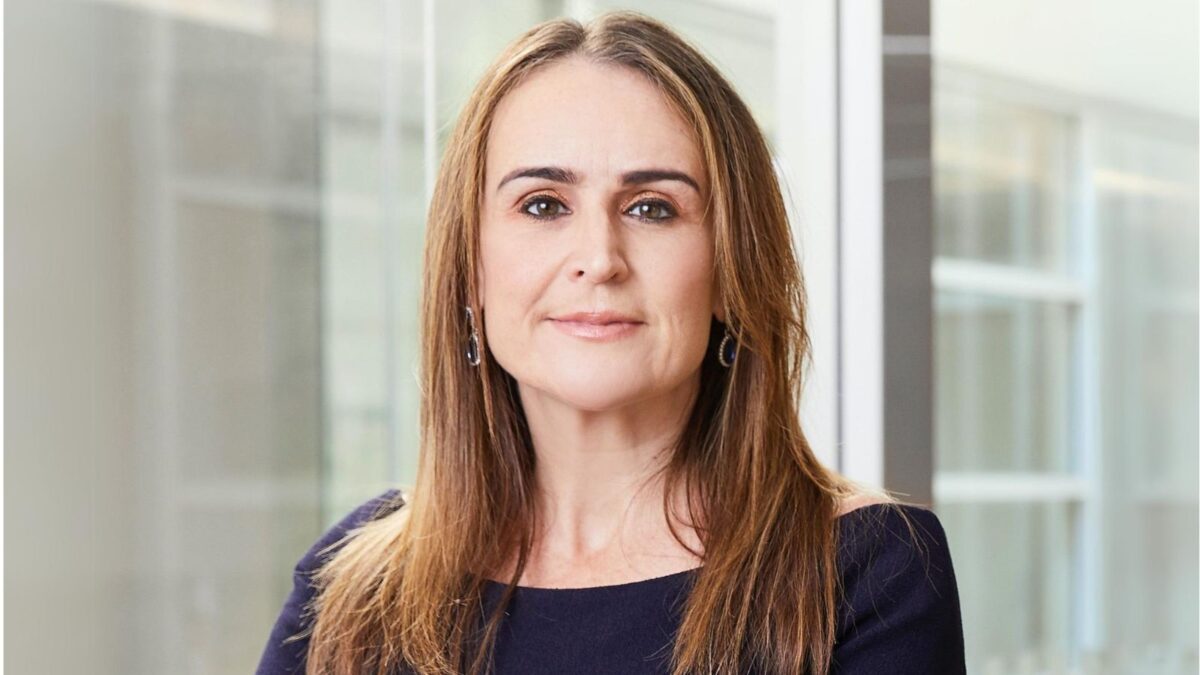Mavis: a tribute to her early years
(Pictured: Mavis Robertson)
A lot has been written this past week since her untimely death, the result of complications from a fall. But Mavis Robertson’s early years, which defined her later career, are just as remarkable as her years in super, as a workers’ and women’s advocate. They are worth noting among all the tributes that have poured in.
Perhaps it was the Irish family background, born into the Great Depression in June 1930, which laid the true groundwork. Or perhaps it was her intellect, which took her mind wandering around the world as a post-war teenager, when most girls – and boys, we should be careful to say in Mavis’s obit – were thinking of more mundane things. She chose to follow her mind.
Mavis was ‘radicalised’ well before university. She joined the Labor Club at uni – the first of her family to attain tertiary education – and then the Communist Party of Australia (CPA) and, later, the Eureka Youth League. She gets a generous mention in the official history of the CPA and is reputedly the first Australian woman to visit ‘New China’, in 1957, with her husband Alec. Alec died early, in 1974, leaving Mavis a widow and mother who carried on, picking up superannuation almost by accident to be used as the main vehicle to pursue her driving passions of workers’ and women’s rights.
Here’s an excerpt of a piece she wrote for ‘Marxism Today’ in 1977 while she was still a leading member of the CPA. The party was going through a division, the Vietnam War had ended and Gough Whitlam had been dismissed. Mavis was on the side of anti-authoritarianism in the party, worldwide, and that was what most of the article was about. But this says much about her thoughts on society in general.
On Australia, she wrote: “In the circumstances of the political and constitutional crisis which began in November 1975, we have joined with many others to reiterate the need for democratic reforms – electoral and political – to ensure that no future elected government may be dismissed by the Queen’s representative, to guarantee that the number of seats gained in parliamentary elections more or less coincide with the proportion of votes gained, for Australia to become a republic and for a Bill of Rights.
“Of course, none of this is directly socialist and we are quite aware that workers’ control, for example, cannot be properly developed in capitalized society, but we do actively encourage working class intervention on every issue in society, ranging from safety on the job, problems of the environment, youth employment and women’s rights to foreign policy.”
And on the world, she wrote: “… But we are sure there is no future if the party takes one stand on the need for increased democracy in Australia while uncritically ignoring the limitations on democracy in socialist countries; while acting to assist women to fight for their liberation, pretend that women are already fully liberated in socialist countries; while demanding a greater social role for trade unions, refuse to acknowledge the limitations placed on trade union action in some socialist countries.”
She came to super from the union movement, of course, having resigned from the CPA when she was at the Federation of Engine Drivers and Firemen’s Association, working in the admin office and doing their PR, before moving from Sydney to Melbourne to join the ACTU and work with the building unions in 1984.
When Award Super came in – under the Kelty, Weaven, Keating Accord – in 1986, Mavis was co-opted as the ‘secretary’ of what became Cbus.
One of my favorite stories from Mavis comes from an interview I did with her at ‘Investor Weekly’ to commemorate the 10th anniversary of CMSF. I asked her why it was that there were so many influential women among industry funds and not so many elsewhere in the super world. She responded with words to the effect: “Because it was the blokes who ran the unions who decided who should do the hard work of setting things up and they never thought industry funds would get to be so big and important.”
It should be noted, too, that the socialist in her DNA was readily adaptable to capitalism when necessary. It was Mavis who organized the first CMSF in Wollongong, under Garry Weaven’s sponsorship, and it was CMSF which paid for the establishment of AIST as a trustee education body and, later, research and lobbyist organisation. Maybe she learned a lot of her capitalistic skills from the communists in China?
Mavis is survived by son Peter, daughter-in-law Marjorie and grandchildren, Alec and Molly. Mavis was, also, a devoted grandmother.
– Greg Bright










